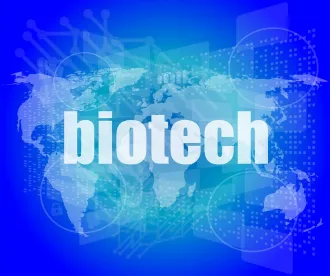On January 4, 2016, the White House announced the release of the 2017 Update to the Coordinated Framework for the Regulation of Biotechnology (2017 Update). The Update to the Coordinated Framework provides a comprehensive summary of the roles and responsibilities of the U.S. Environmental Protection Agency (EPA), the U.S. Food and Drug Administration (FDA), and the U.S. Department of Agriculture (USDA) with respect to regulating biotechnology products. Together with the National Strategy for Modernizing the Regulatory System for Biotechnology Products, published in September 2016, the Update to the Coordinated Framework offers a “complete picture of a robust and flexible regulatory structure that provides appropriate oversight for all products of modern biotechnology.” Within that regulatory structure, the federal agencies “maintain high standards that, based on the best available science, protect health and the environment, while also establishing transparent, coordinated, predictable and efficient regulatory practices.” To help product developers and the public understand what the regulatory pathway for products might look like, the 2017 Update presents information about agency roles and responsibilities in several forms, including:
-
Graphics that illustrate agency-specific overviews of regulatory roles;
-
Case studies that demonstrate how a product developer might navigate the regulatory framework; and
-
A comprehensive table that summarizes the current responsibilities and the relevant coordination across EPA, FDA, and USDA for the regulatory oversight of an array of biotechnology product areas.
In its blog item, “Increasing the Transparency, Coordination, and Predictability of the Biotechnology Regulatory System,” the Obama Administration acknowledges that while the 2017 Update represents “remarkable progress by the EPA, FDA, and USDA to modernize the regulatory system for biotechnology products, much work remains.” EPA, FDA, and USDA will consider the comments submitted in response to the proposed 2017 Update and information gathered during the three public engagement sessions hosted by EPA, FDA, and USDA to inform ongoing and future agency activities. In addition, the agencies commissioned an independent study by the National Academy of Sciences (NAS) on future biotechnology products. When completed, the agencies will consider the study’s findings, as well as the comments.




 />i
/>i

